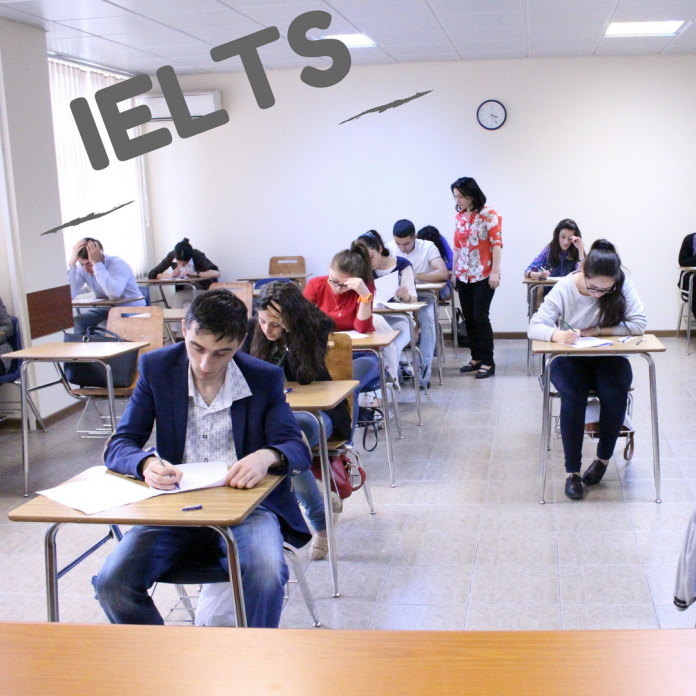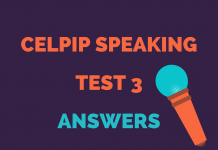Introduction
Sitting for the IELTS test can be a challenging experience for some people, especially if they haven’t practiced well beforehand and thought that one can obtain a good band score without a following a specific strategy. It is almost like a soldier who is engaged in a war without carrying any weapon. Hence, I put before you some useful tips in order to have a clear study plan and develop an efficient strategy to score high.
Depending on your purposes behind your IELTS test, it is wise to visualize your goal well before you start preparing for your test. Decide which band score you wish to obtain and focus mainly on achieving it. Try not to target anything less than a 7 band score.
Regularity and steadiness
You should be able to organize your week and set aside at least three hours a day for practice. You can have the weekend off in order to relax and forget about your test an all the tension behind it. However, your study hours should be regular and continuous. Do not try to focus mainly on the area or the skill you feel week at. Try to keep a balance between all four skills.
Listening to every piece of news on TV or watching your favourite shows in English should be one of your day to day practices if you want to improve your listening. If possible, try to talk to native speakers whenever the opportunity allows. Social media can be a great tool to develop your listening skills.
To score high in the reading section of your IELTS test, not a single day should pass by without reading an English text. Reading magazines, newspapers, novels, or short stories can help immensely. Try to read a page or two in your free time instead of chatting about useless topics with your friends on Facebook or Skype. It is also advisable for Academic Module candidates to regularly read academic articles. University textbooks can be very useful. Do not get discouraged if you don’t understand every word.
Time is haunting you in your IELTS test
Many candidates did not go well in their test mainly because of time management issues. Even good candidates can find it hard sometimes to answer all the listening and reading questions on time. Therefore, work hard on your listening and reading speed. Do not expect to change your speed over a day or a week. It can take months to achieve a decent speed. The IELTS test was designed to test your speed ability too. That’s why I said before not to get frustrated if you don’t understand every word in English while you are reading. You should read for speed purposes sometimes.
The number of right answers depends on how fast and accurate you have read your questions. If you want enough time to think about the right answers, you shouldn’t spend a lot of time reading the instructions, examples, and questions.
Memory workout
Having a good memory is key to score high in your reading or listening IELTS test. Of course, there is always a chance to reread a part of a text to answer correctly, but try not to run out of time. More challenging though, in the listening section, you do not have that luxury of going back. So it really pays if you can remember as much information as you can from the tape. However, most of the times, the correct answer, whether in listening or reading, comes after the main key words of the text, conversation, lecture…
To work on your memory ability, you can try to pause the tape and try to repeat the meaning of what you heard if not the exact words. Try to increase the length of what you repeat from time to time.
Note: Kindly leave a comment if you find this helpful. It would encourage us to post more useful tips and guidelines. Thanks in advance.









